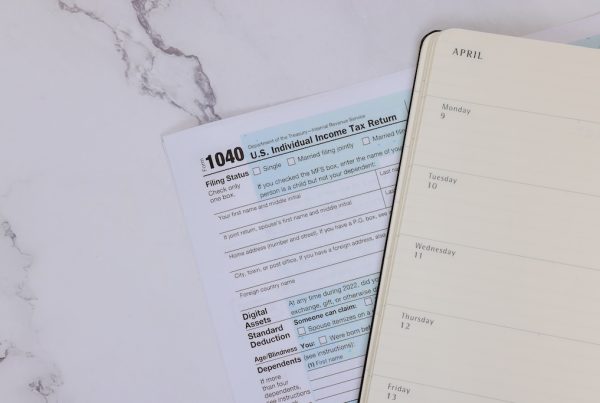In today’s unpredictable economic landscape, the possibility of layoffs looms large for many workers. Preparing your finances for potential layoffs can provide peace of mind and help you weather the storm without significant financial hardship. Here’s a comprehensive guide to getting your finances in order to safeguard against the unexpected loss of income.
1. Build an Emergency Fund
An emergency fund is your financial safety net. Aim to save at least three to six months’ worth of living expenses. This fund will cover essentials like rent or mortgage payments, utilities, groceries, and insurance in case of a layoff. Start by setting aside a portion of each paycheck and gradually build your fund over time.
2. Reduce Unnecessary Expenses
Take a close look at your budget and identify areas where you can cut back. Limit discretionary spending on dining out, entertainment, and luxury items. Redirect these savings towards your emergency fund or debt repayment. Adopting a more frugal lifestyle now can make a significant difference if you face a period of unemployment.
3. Pay Down Debt
Reducing debt can alleviate financial pressure during a layoff. Focus on paying off high-interest debts like credit cards and personal loans. Consider using strategies such as the debt snowball (paying off the smallest debts first) or the debt avalanche (tackling the highest-interest debts first). Lowering your debt burden can free up more of your income for essential expenses.
4. Diversify Your Income
Relying on a single source of income can be risky. Explore opportunities to diversify your income through side hustles, freelance work, or passive income streams like investments or rental properties. Having multiple income sources can provide a buffer if you lose your primary job.
5. Update Your Resume and Network
Keeping your resume current and maintaining professional connections can expedite your job search if you’re laid off. Regularly update your resume with new skills and accomplishments. Attend industry events, join professional organizations, and network on platforms like LinkedIn. Building a strong professional network can open doors to new job opportunities.
6. Review Your Insurance Coverage
Ensure you have adequate health, auto, home, and life insurance coverage. If you’re laid off, you might lose employer-sponsored health insurance. Research alternative options, such as COBRA, the Health Insurance Marketplace, or short-term health plans. Having proper insurance can prevent unexpected medical expenses from depleting your savings.
7. Understand Your Severance Package
If layoffs are announced at your company, understand the details of your severance package. This may include severance pay, continuation of benefits, or outplacement services. Knowing what to expect can help you plan your finances and job search strategy more effectively.
8. Apply for Unemployment Benefits
Unemployment benefits can provide temporary financial assistance while you search for a new job. Familiarize yourself with the application process and eligibility requirements in your state. Applying promptly can help ensure you receive benefits as soon as possible.
9. Strengthen Your Skills
Invest in yourself by developing new skills or obtaining certifications that can make you more competitive in the job market. Consider taking online courses, attending workshops, or pursuing additional education. Enhancing your skills can increase your employability and open up new career opportunities.
10. Stay Positive and Proactive
Facing a layoff can be stressful, but maintaining a positive mindset and staying proactive can help you navigate this challenging time. Create a job search plan, set daily goals, and celebrate small victories along the way. Seek support from family, friends, or professional counselors if needed.
Taking Control of Your Financial Future
While you can’t always control if or when a layoff happens, you can control how prepared you are. By building an emergency fund, reducing debt, diversifying your income, and staying proactive, you can mitigate the financial impact of a layoff and emerge stronger on the other side.
Remember, financial preparation is an ongoing process. Regularly review your financial situation, adjust your plans as needed, and stay committed to your goals. With careful planning and resilience, you can navigate any financial challenge that comes your way.



